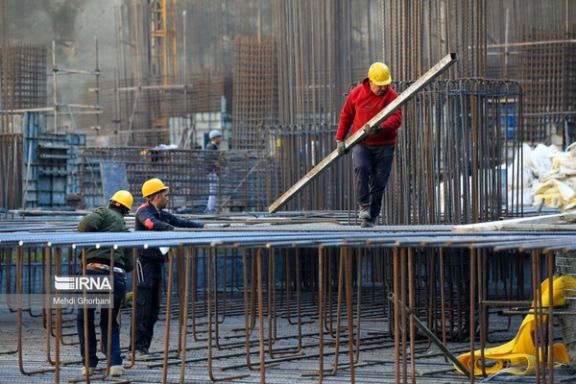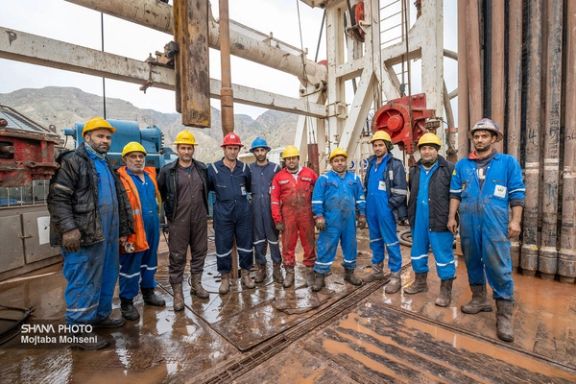Talks Continue Over Iran’s Minimum Wage Amid Rising Inflation

Negotiations continue in Iran among the representatives of workers, employers and the government to set the new minimum wage for workers, amid fast rising inflation and declining incomes.

Negotiations continue in Iran among the representatives of workers, employers and the government to set the new minimum wage for workers, amid fast rising inflation and declining incomes.
Iran has been facing an annual inflation rate of more than 40 percent in the past three years, which has impoverished millions of ordinary workers, whose monthly wages are below $150.
Over recent days, Iran’s currency, the rial, has hit an all-time low amid fears of US retaliation for a drone attack that killed three American servicemen in Jordan on January 28.
On Monday, the US dollar rose to more than 584,000 rials, the highest since February 2022, when it briefly traded at that level. The euro topped 630,000 and the British pound reached 740,000 rials. This will directly impact the cost for essential imports and will further fuel inflation, crippling the lives of many across all levels of Iranian society, particularly workers.
Fararu website in Tehran reported that the point-to-point inflation rate in December once again surpassed the 40% mark after five months. The index indicates that Iranian households spent approximately 40% more in the past month compared to the corresponding period of the previous year to meet their needs or purchase a range of goods and services.

Mehraneh, a 30-year-old PhD student and a part-time university lecturer in Babolsar, northern Iran, told Iran International that the sharp decline in the value of rial in the past few days has left her “unbelievably stressed” awaiting another wave of inflation.
“Everyone has a number of dreams and goals. When this happens, confusion and uncertainty about the future hits you in the face and you see all your dreams and hopes slipping away,” added the student who lives on a monthly income of 80 million rials ($160).
Labor activists insist that workers’ minimum wages should be increased in proportion to the rising inflation rate in Iran. Employers have rejected this demand as “impractical” considering the current economic situation of the country.
While employers have demanded the minimum wage to be decided and specified regionally, workers strongly oppose such a policy.
Workers’ representatives in Iran’ High Council of Labor argue that a regional minimum wage plan could be abused by employers, thus running the risk of the exploitation in poorer regions.
Over recent years, many production plants have been suspended due to raw material shortages and difficulties in securing foreign currency.
(less than $110), Faramarz Tofighi, a labor activist stated that even in the least expensive regions of Iran, it is impossible to afford living costs with twice or three times this salary.
The activist accused the Iranian government of manipulating inflation statistics, saying it deliberately declares the official inflation rate lower than the actual rate.
Despite the constant requests of workers and experts, the government has refused to announce the exact indicators according to which it measures the inflation rate, Tofighi went on to add.
Tavakol, 52, the owner of a small clothes manufacturing company in Mashhad, northeastern Iran, highlighted the consequences of the recent rial crisis, saying it has brought about “chaos and confusion” in the market which is largely dependent upon imports.
“We have all stopped wholesaling our products till the currency fluctuations are over,” he pointed out, warning that if this recession period lingers, it will greatly impact workers, many of whom work on “daily verbal agreements” and have no long-term contracts or medical insurance.
Sanaz, 28, who works for a transportation company in the capital city Tehran, said the recent fluctuations have disrupted the ordinary lives of many Iranians.
“Three weeks ago, I was going to buy a foreign refrigerator in instalments. When I was paid on Tuesday, I went to buy it but the salesman told me the price has increased by 20 percent and buying in instalments is no longer an option due to currency fluctuations,” she explained.
However, Sanaz stressed that this is not just an economic issue: “The worst consequence of this crisis is widening class differences because it will give rise to numerous social anomalies.”